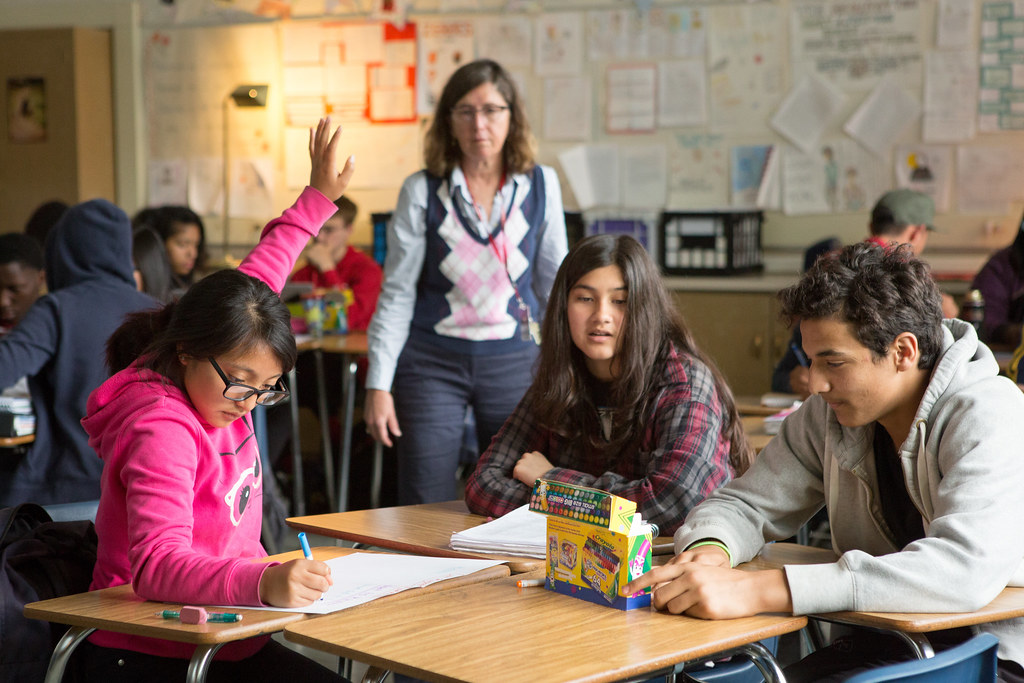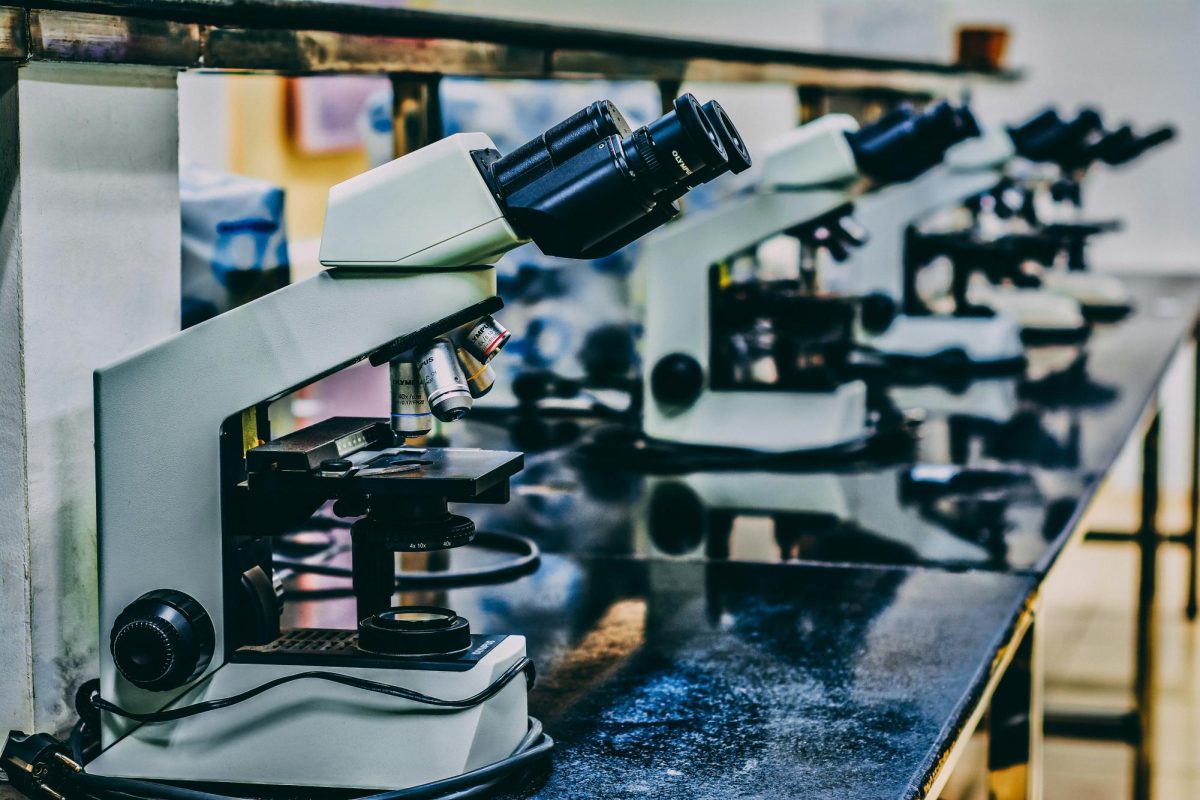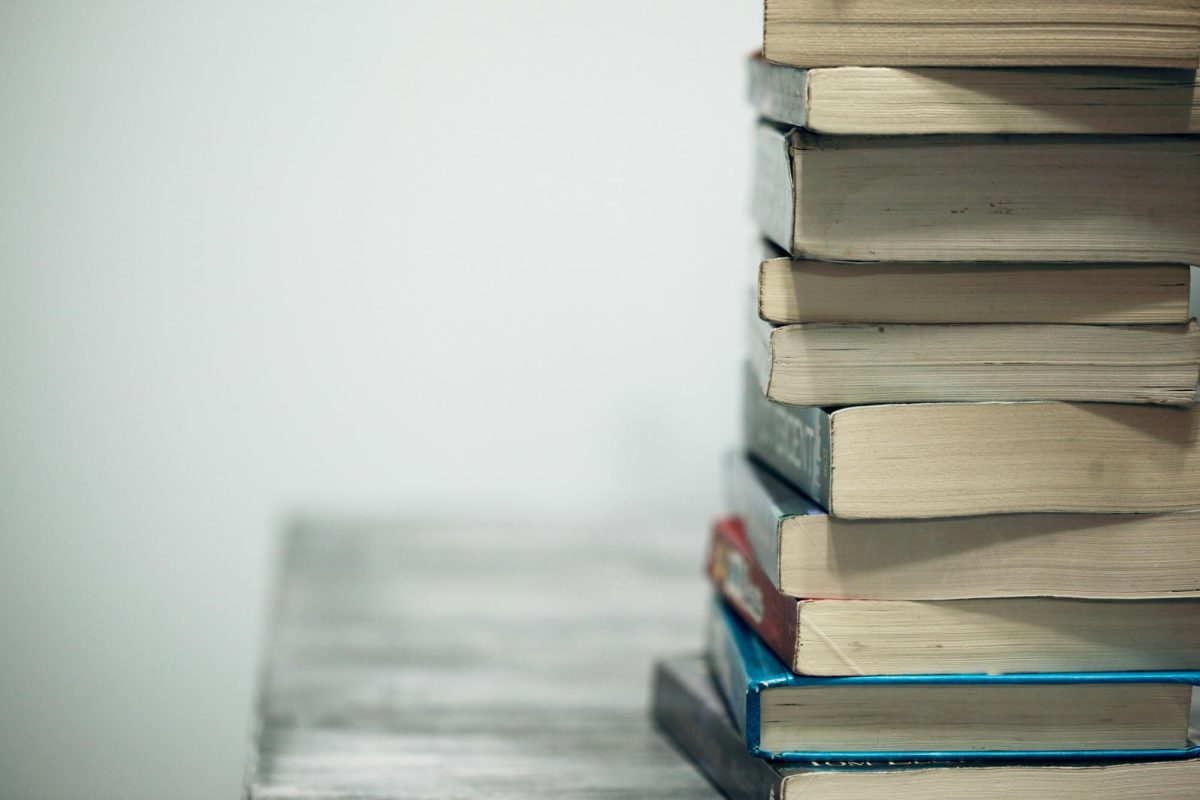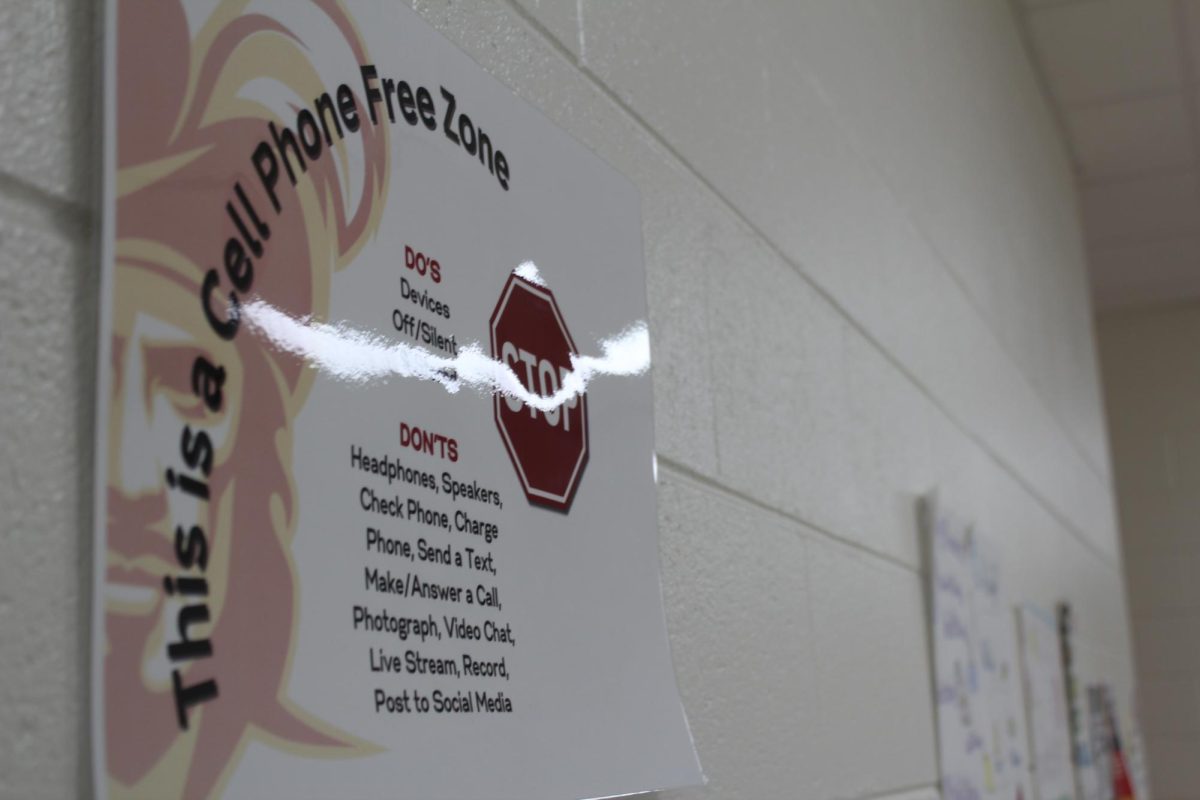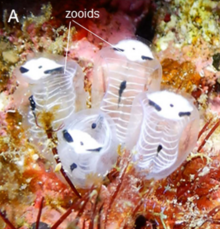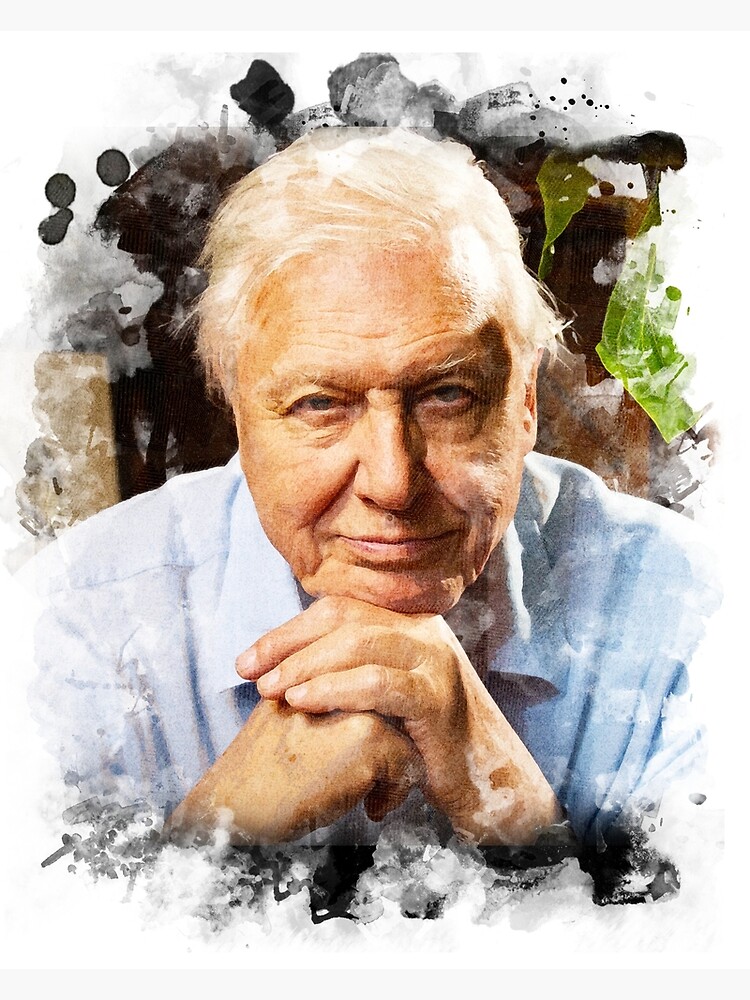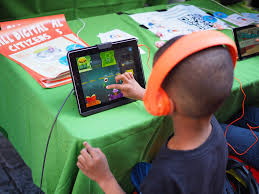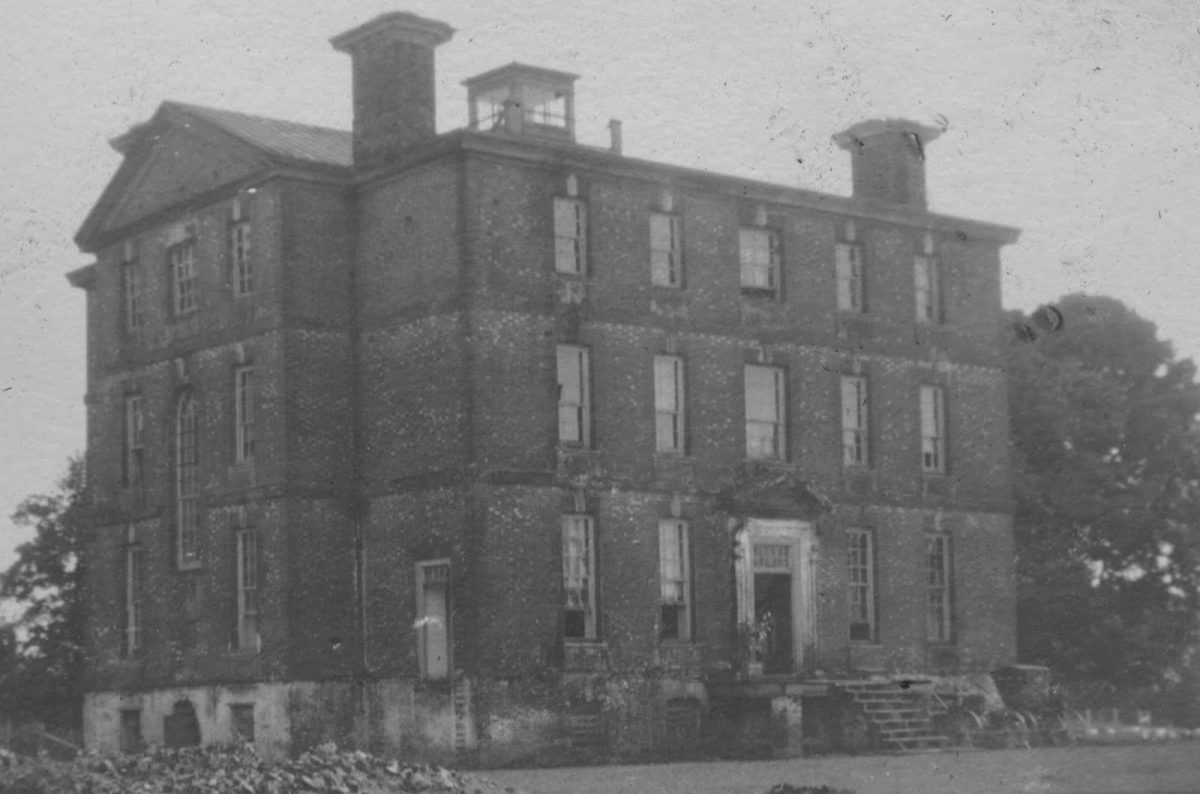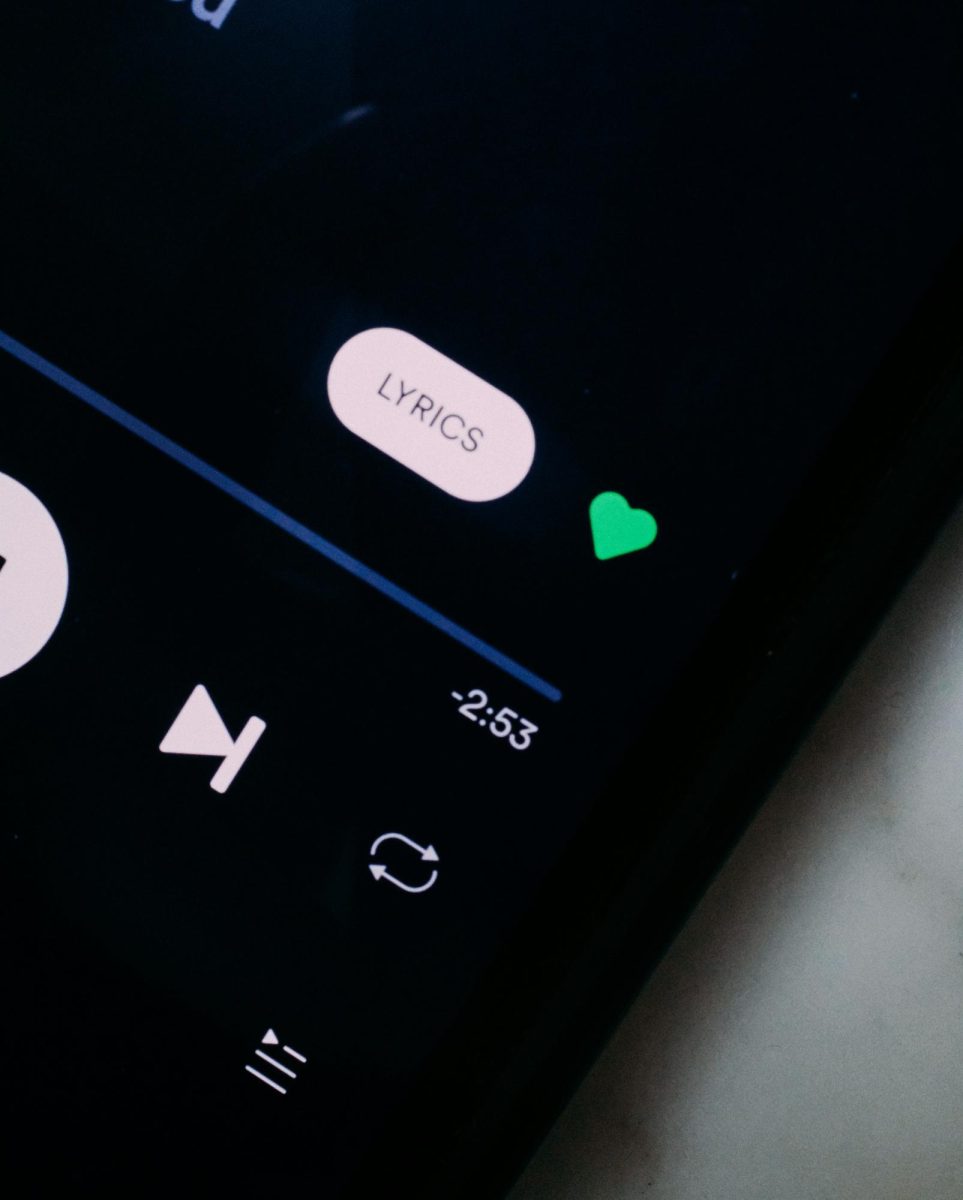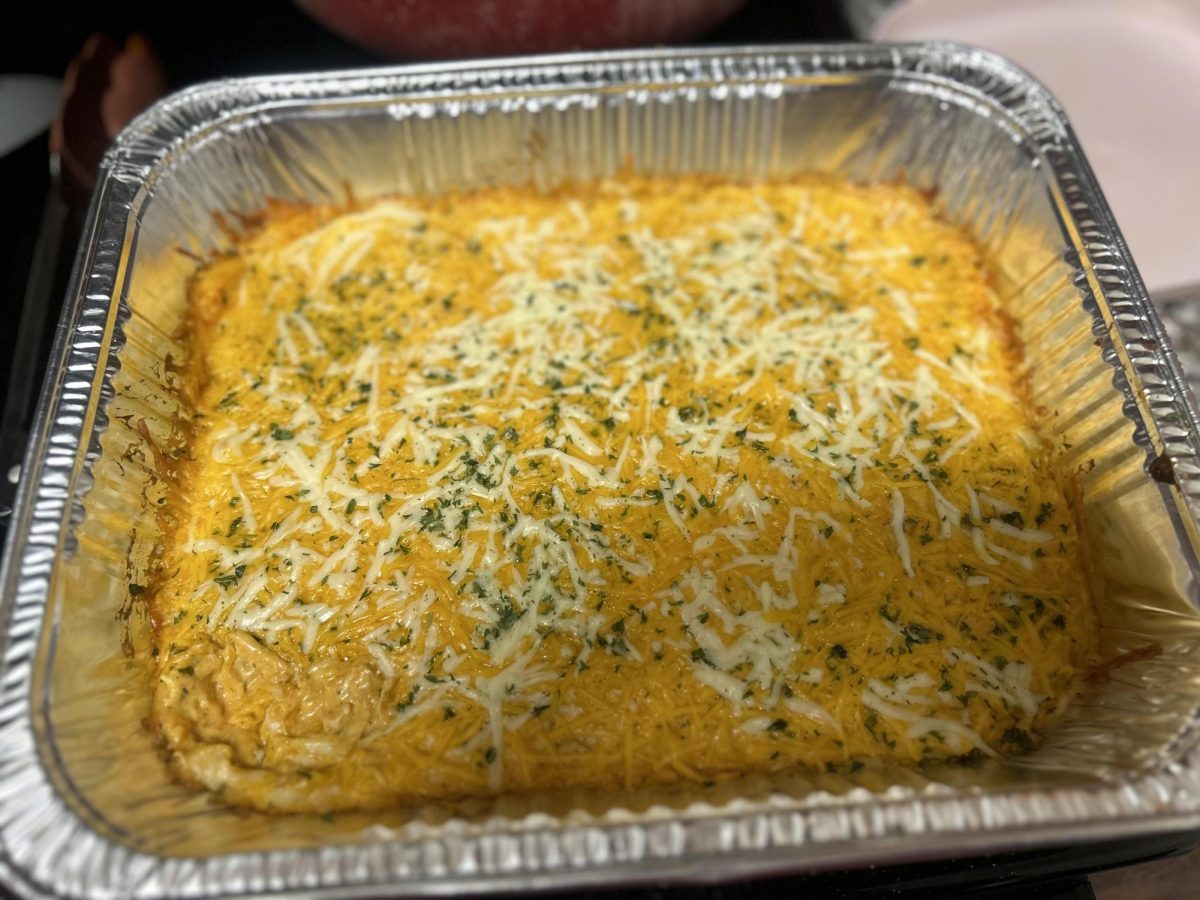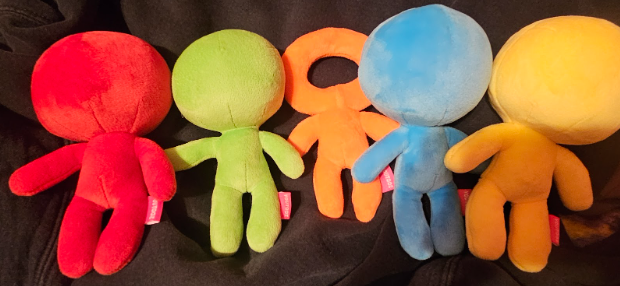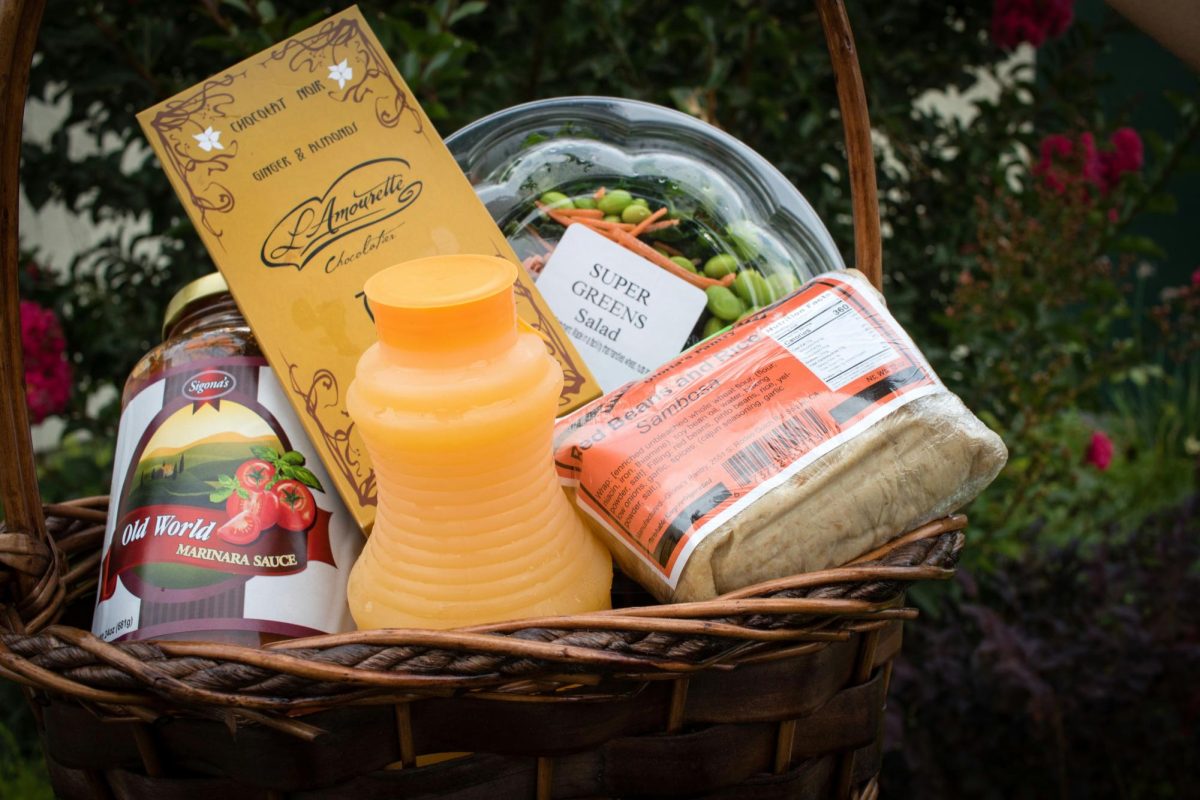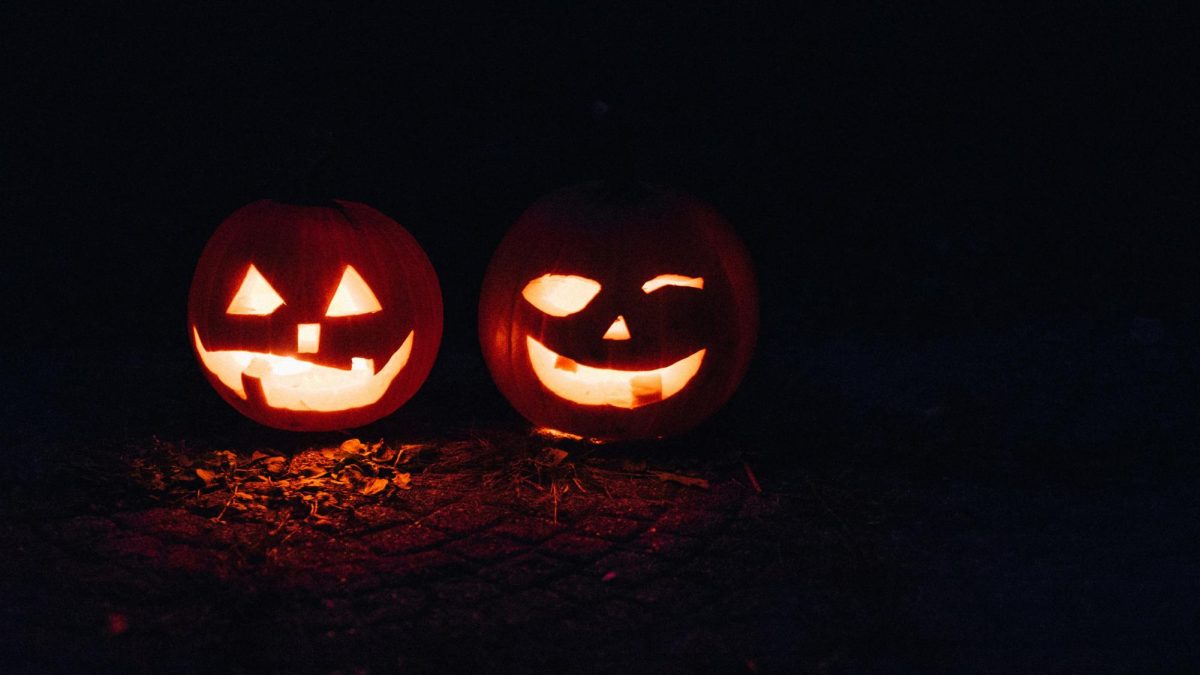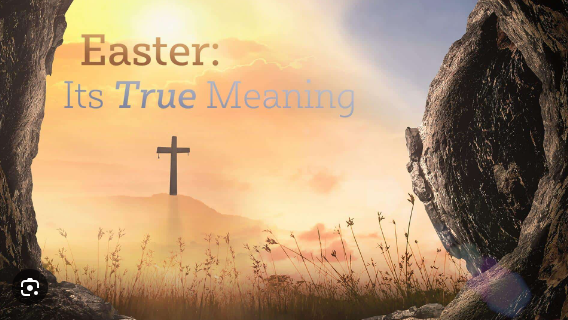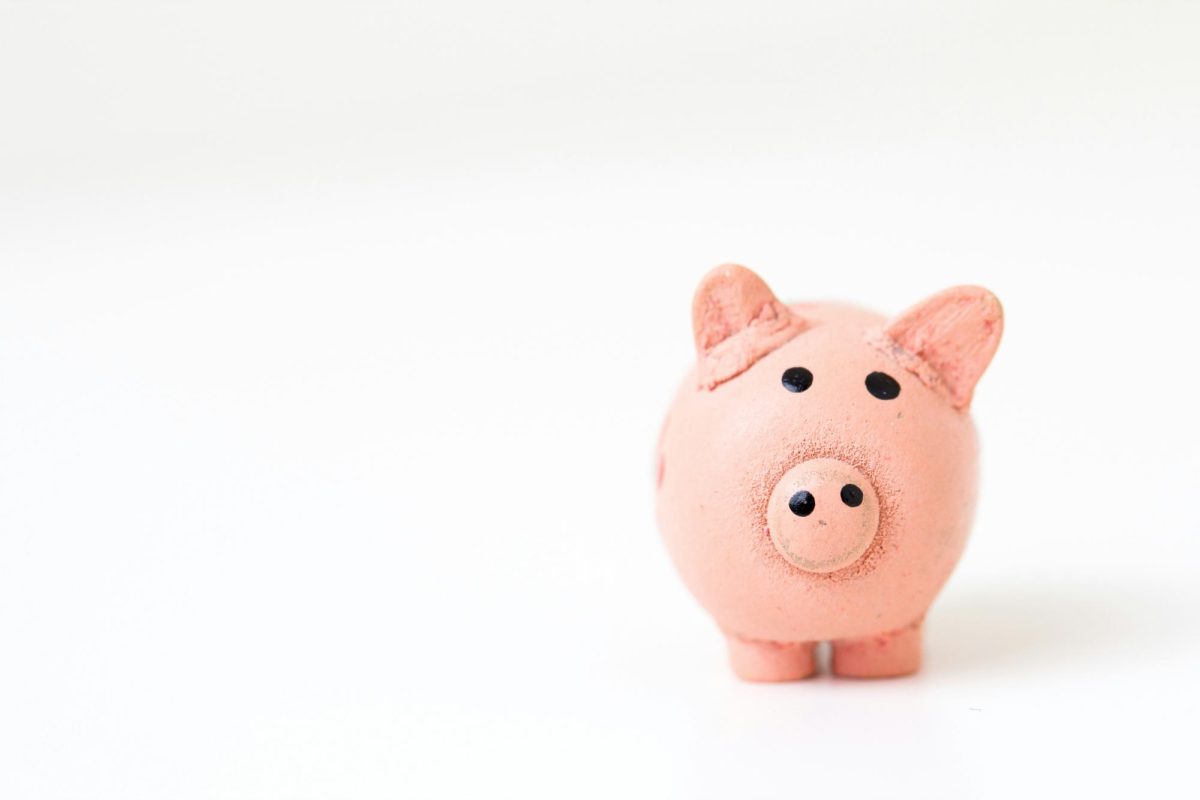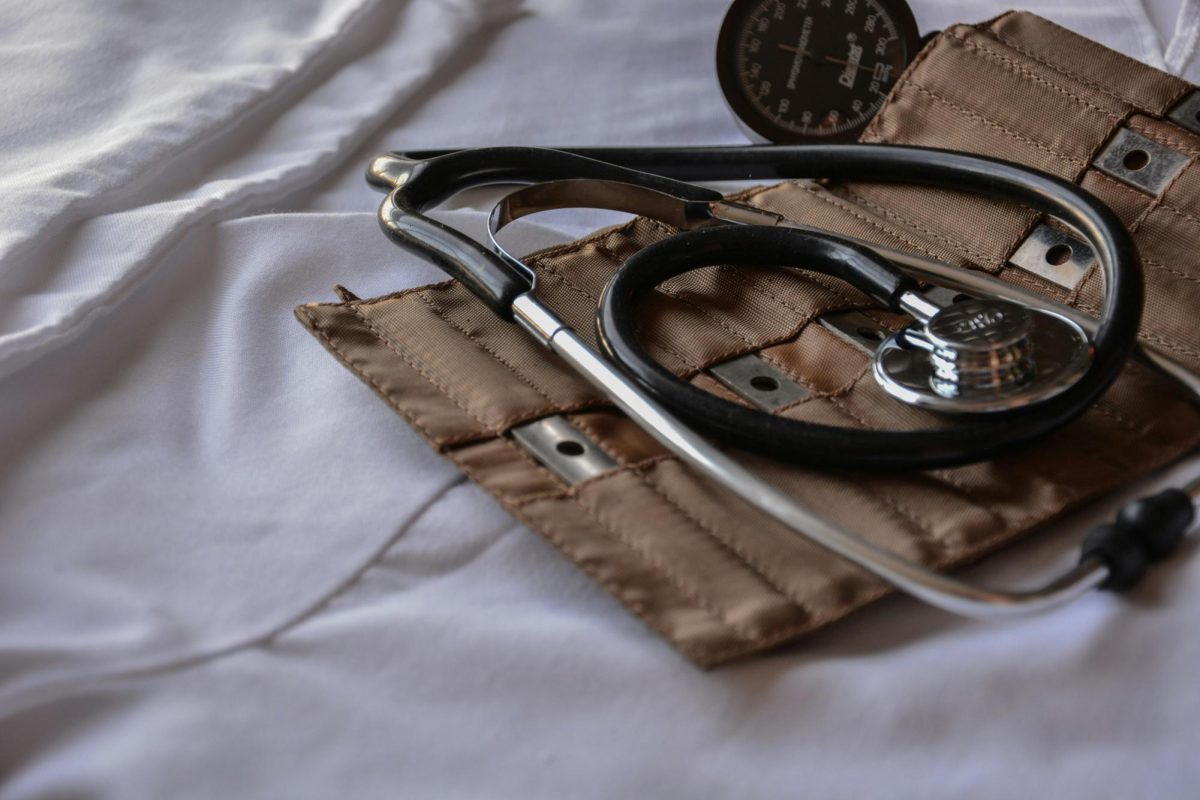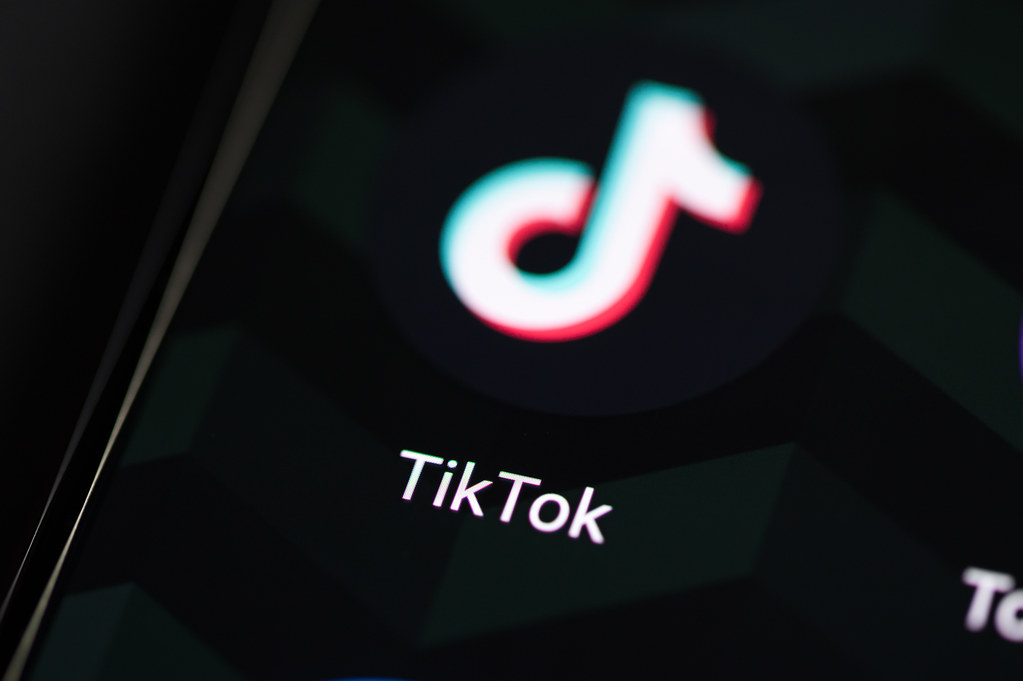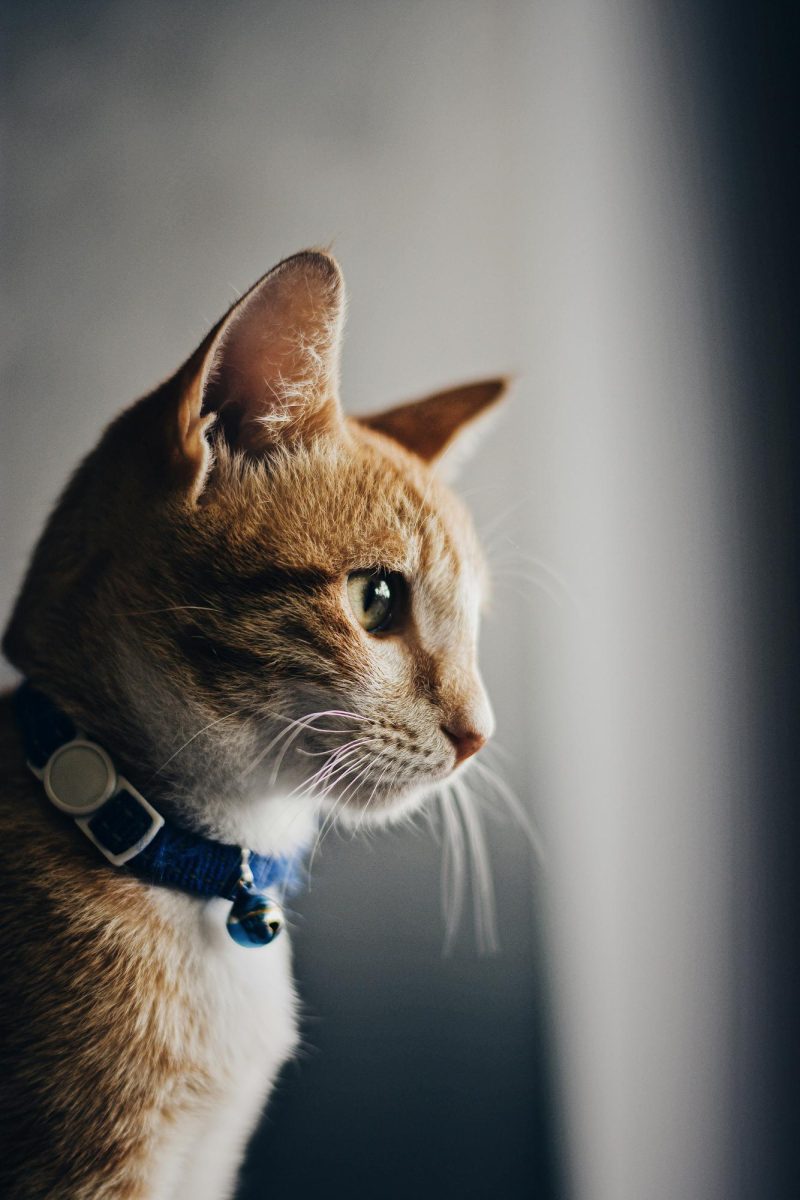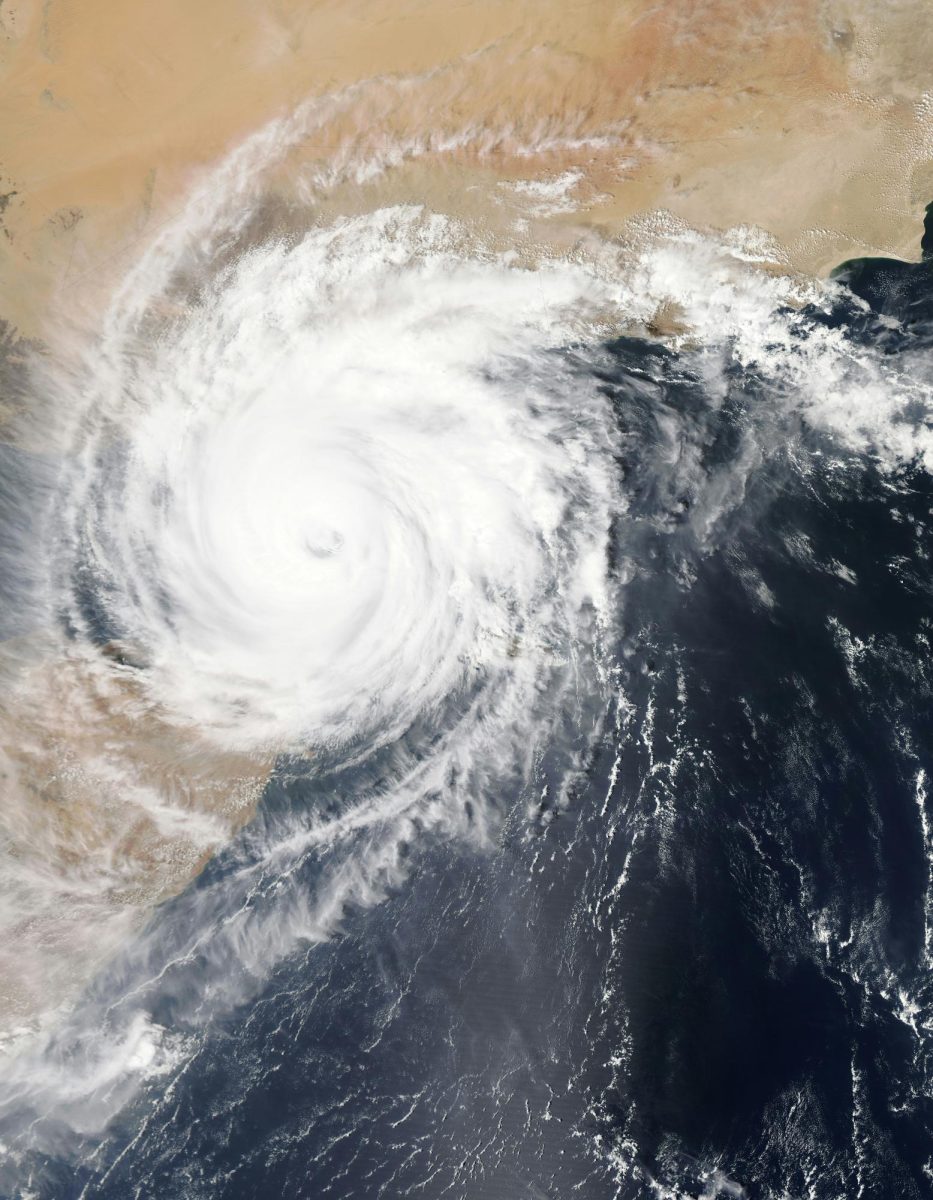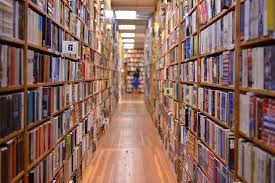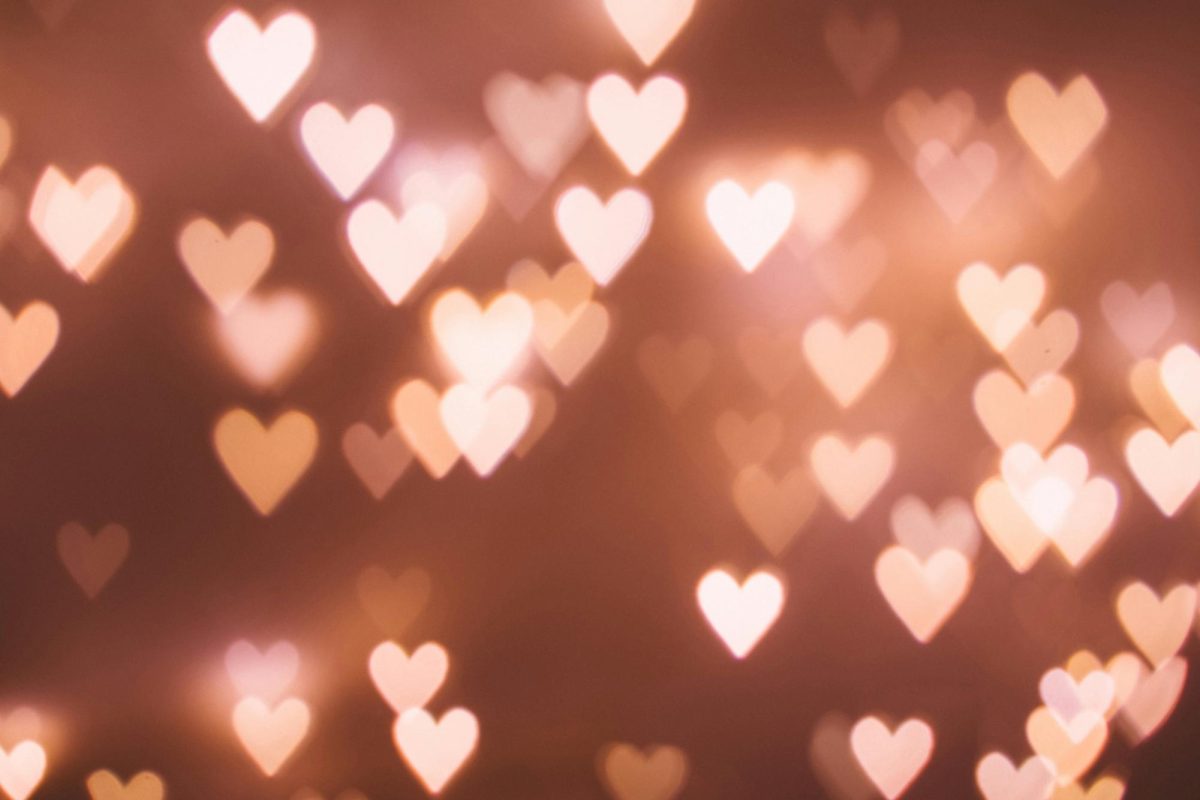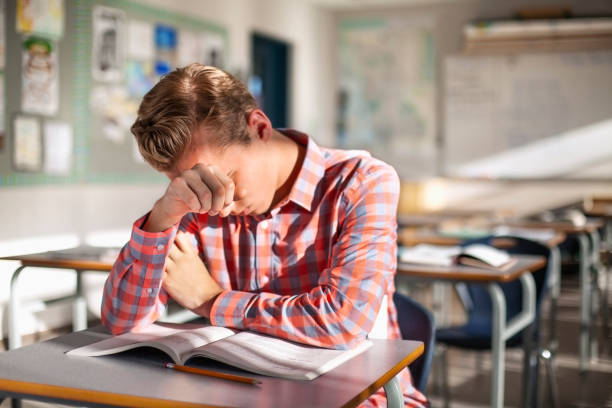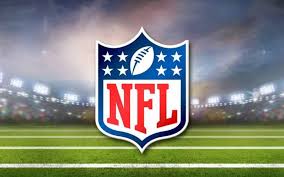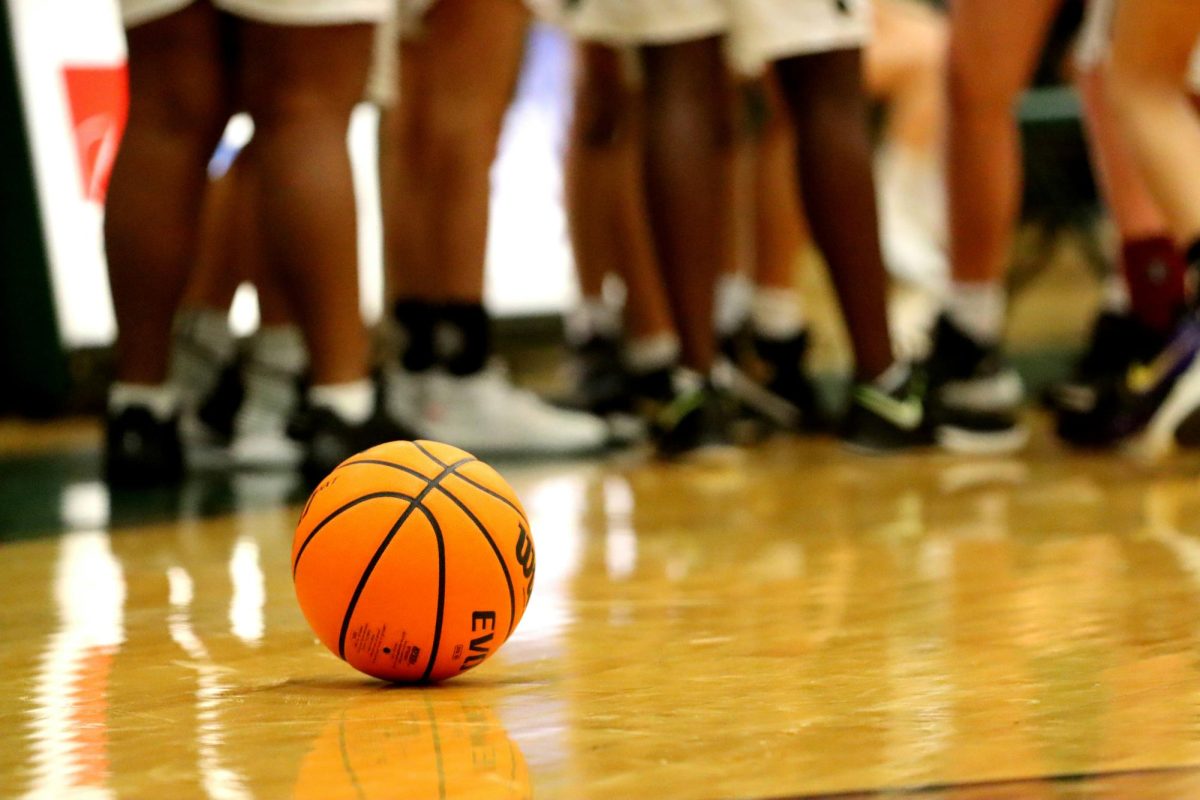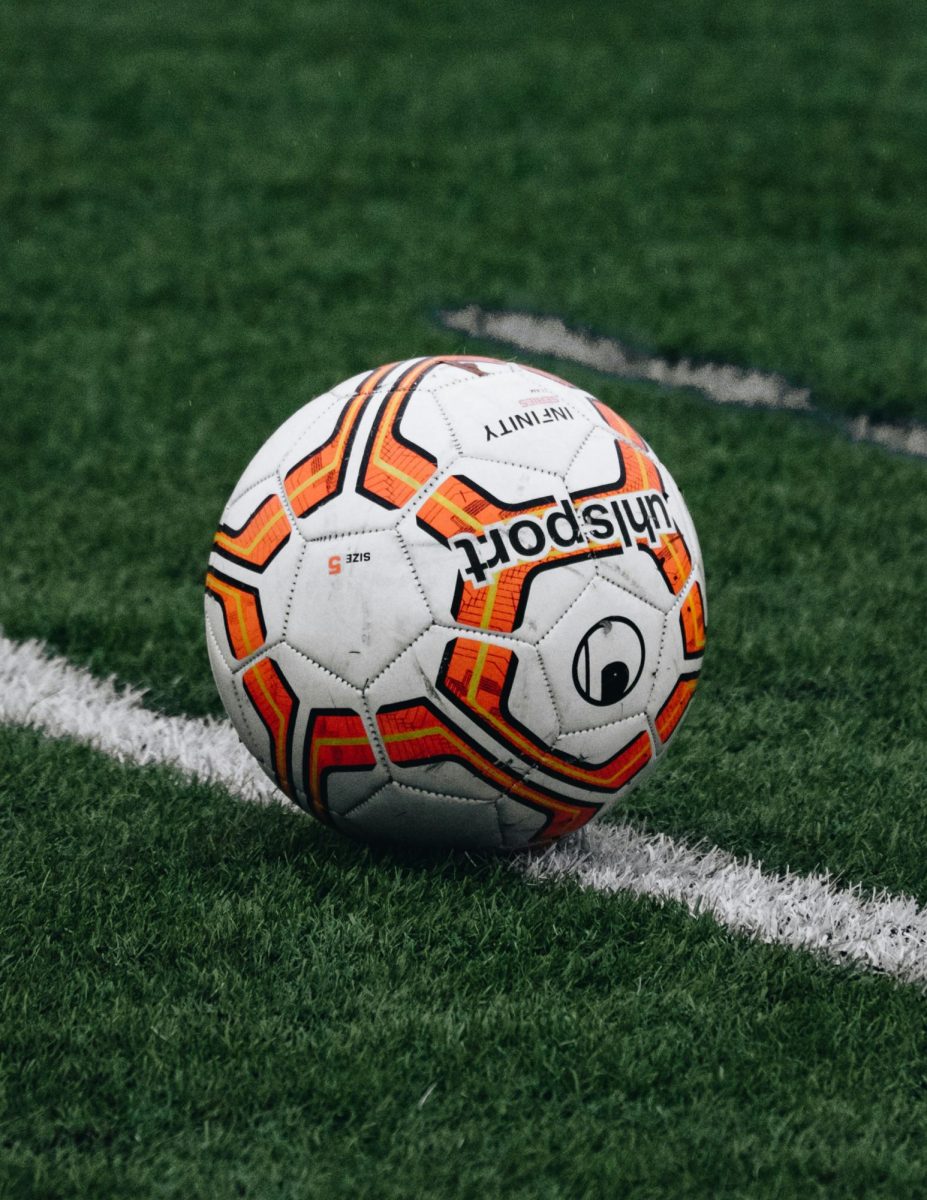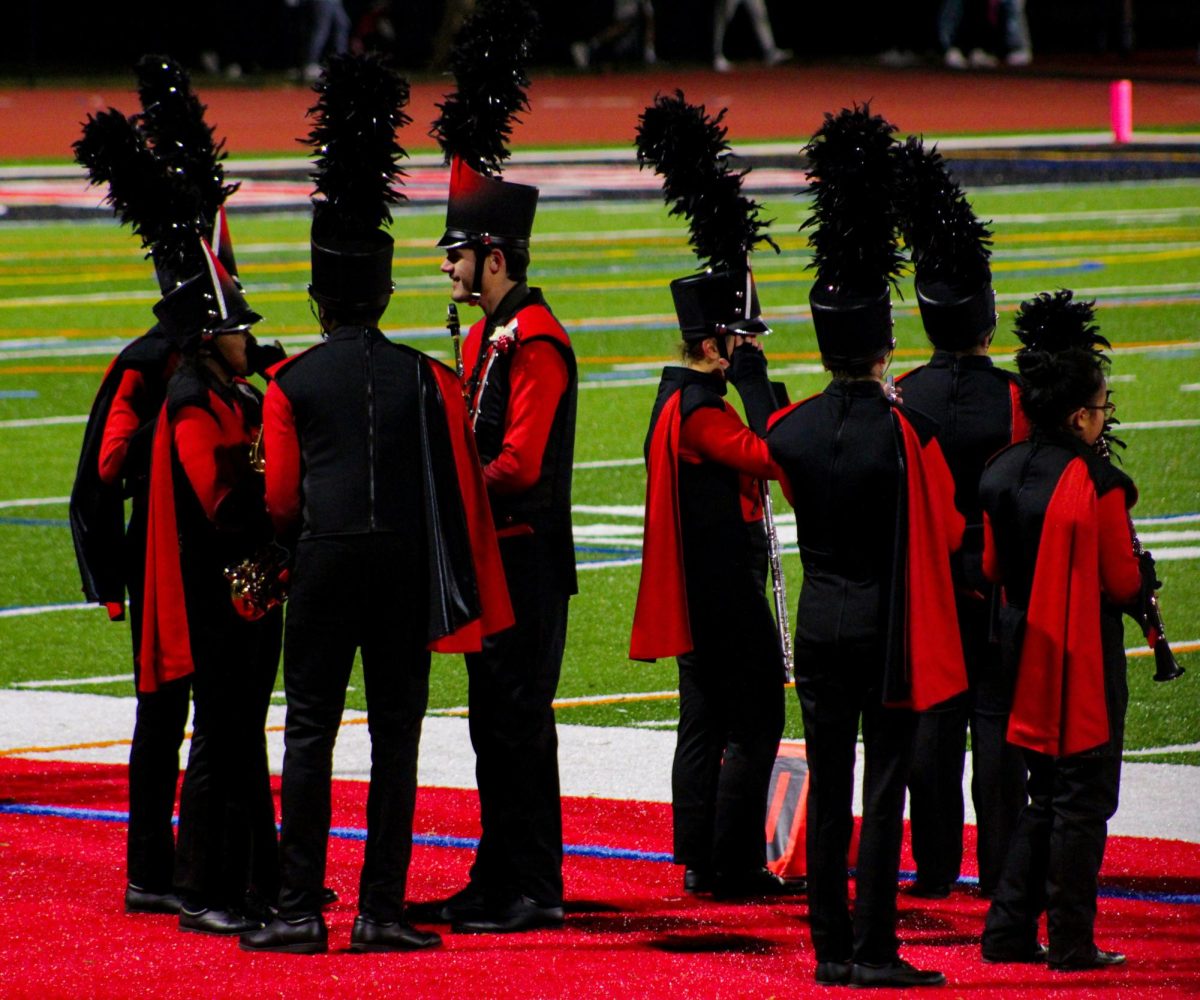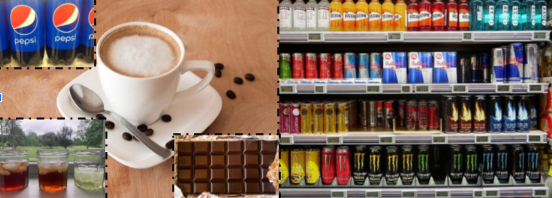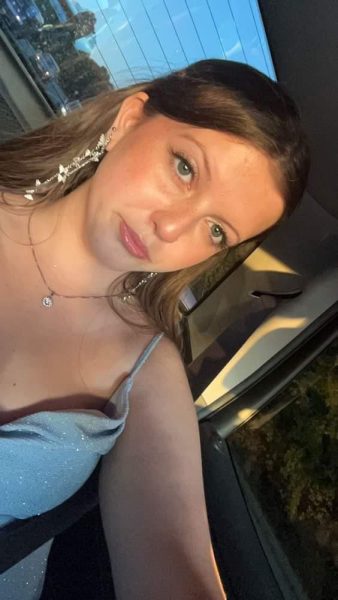Today, caffeine has become a popular choice for students all over the US to help them stay focused and energized during class. Studies have shown that young adults are more prone to drinking caffeinated beverages because they either like the flavor or they are trying to stay awake during the day. 86% of students that are in school drink caffeinated beverages, but most of them say that it doesn’t really help them stay energized, and it’s mostly because they just like the drink more than any other. However, there are many things to watch for when drinking caffeinated beverages; it’s likely that they can affect your overall well-being. Caffeine can be found in many different items like coffee, tea, energy drinks, soft drinks and even certain foods like chocolate.
The demands of an academic life often push students to rely on caffeine to help with sleepiness, improve concentration, and help meet deadlines of school work. But, excessive caffeine intake can disturb sleep patterns and reduce the quality and quantity of sleep you usually get. All of that can negatively impact learning, memory retention, and overall academic performance. When affecting your health, it can lead to things like increased heart rate, elevated blood pressure or feelings of anxiety or restlessness. There are many other symptoms that can happen when drinking caffeinated drinks that aren’t that bad, like a headache. But when trying to drink less caffeine, you can experience not being able to concentrate.
Caffeine has become a staple in students’ lives, from late-night study sessions to early morning classes. Caffeine consumption has reached new heights over the years, and approximately 80% of students drink caffeine regularly. While most caffeinated beverages are delicious, they can dehydrate you to the point that you can become dizzy or lightheaded. Here are some students at GHS to speak the truth about caffeine: Jasmine Hunt (9th) “I drink a lot (of caffeine), about 5 cups a day, and I get both tired and energized after drinking it. I only drink caffeine because it’s better than drinking water”- Daniel Hysmith (12th). “I do drink caffeine, about 2 cans a day, and I get tired after drinking it. I like the drink over any other drink, and I like it because I’m addicted.” Rylee Kemnitz (10th) “ Yes I drink caffeinated beverages 2 a day but, the drink I drink isn’t my favorite drink I would say it’s tea. After drinking the drink I get energized, then I only drink it because it’s good.” Annaleigh Johnson (10th) “ yes (I drink caffeine) I drink about 3 a day, I drink that drink because I want to.”
Only 14% of high school students in the US don’t drink caffeinated beverages. When not drinking caffeine, it can improve many things like; sleep, concentration, more sustained energy throughout the day, and less anxiety. There are many other drinks that are better for you in general. Like herbal teas, decaf options, natural energy-boosting activities (like exercise), taking breaths in nature, or even practicing mindfulness techniques. Here are a couple of students at GHS that either drink a little caffeine or none at all: Dj Carter (12th) “No (I don’t drink caffeine), (why) I don’t know I just don’t.” Bridget Cupp (9th) “Yes I do drink caffeine but only, like, once a week. No, apple juice is my favorite drink, and I drink them because they’re yummy.”
Research has shown that caffeine can positively impact various cognitive functions like memory and reactions to time. Caffeine can have a positive effect on some things too, but it can also have a big negative impact. By incorporating caffeine into your routine, you can optimize your brain’s performance and potentially elevate your academic achievements. It’s no secret that the demands of students’ lives can sometimes weigh heavily on our emotions. But when consumed responsibly and in moderation, caffeine can be a powerful ally for students aiming to excel academically. But remember it is important to find a good balance that fits just for you.
Many coffee shops and stores post ads online to make their products sell better. About 64% of high school students drink coffee, and about 41% of students drink energy drinks. Coffee shops make about $873 a day, that’s about $6,000 a week, $18,000 a month, and $198,000 a year. A store makes about $159 billion dollars a year off of energy drinks. A typical high school student spends about $35 a month at a coffee shop and up to $90 a month on energy drinks at a store. If you drink both coffee and energy drinks each day, that’s $125 a month that you or your parents are spending on coffee plus energy drinks.
Caffeine has absolutely become deeply rooted in the student culture. While it can provide a much-needed boost of energy, it’s essential that students consume caffeine responsibly. Students should be aware of their caffeine consumption, categorize their overall health, and explore healthier ways to stay energized. So whether you’re a dedicated coffee lover or prefer a cup of tea, remember to strike a balance and treat your health more responsibly. Next time you decide you want a cup of coffee or an energy drink just remember that there are many other options that are available for you to drink.


